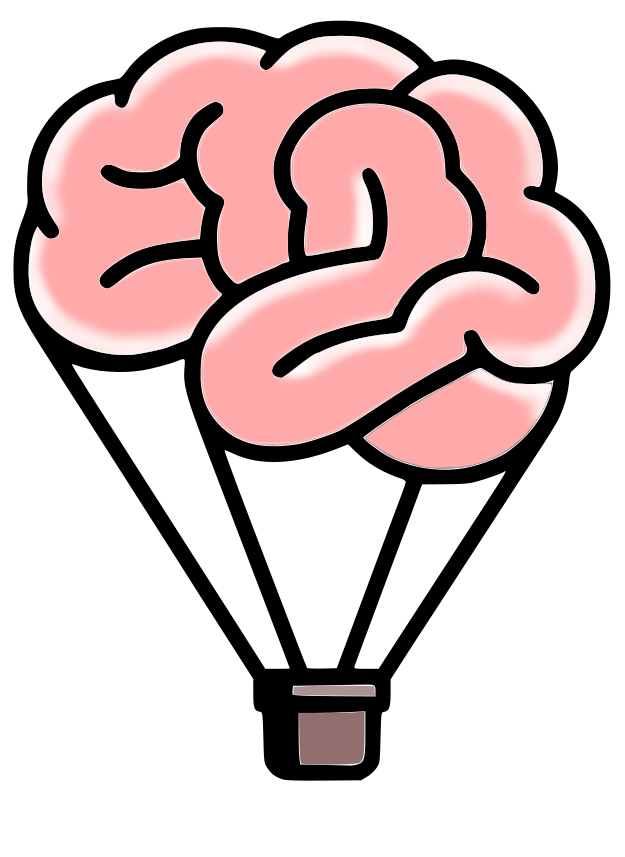One of the things we talk about as fundamental to human well-being on our Top 10 List is having fun. But what do we mean by this?
Well, it’s really as simple as it sounds. It is important for our mental health to check-in with what is going on in our lives and make time to have some fun.
fun
noun
1
: what provides amusement or enjoyment
specifically: playful often boisterous action or speech
full of fun
2
: a mood for finding or making amusement
all in fun
3
a
: amusement, enjoyment
sickness takes all the fun out of life
play games for fun
Having fun is not just a frivolous pursuit; it plays a crucial role in maintaining our mental well-being. Here’s a bit of the science behind this:
1 – Arts Engagement and Mental Health:
- A study published in BMC Public Health explored the relationship between recreational arts engagement and mental well-being in the general population [1].
- The findings revealed that individuals who actively engaged in arts (for enjoyment, entertainment, or as a hobby) had better mental well-being.
- Specifically, those with 100 or more hours per year of arts engagement reported significantly higher mental well-being scores compared to those with little or no engagement.
- The arts provide a unique avenue for relaxation, stress reduction, and enhancing overall quality of life.
2 – Hobbies and Depression Prevention:
- Research [2] consistently shows that having a hobby is linked to lower levels of depression.
- When we lose interest and joy in activities we normally enjoy, it can be a sign of poor mental health.
- Engaging in hobbies provides a sense of purpose, pleasure, and distraction from negative thoughts.
3 – Fun and Learning:
- Even in learning contexts, having fun matters. It avails unique cognitive resources, associates reward and pleasure with information, and strengthens memory networks [3].
- Fun learning experiences enhance engagement, creativity, and overall cognitive functioning.
In summary, embracing fun activities, whether through arts, hobbies, or playful learning, contributes significantly to our mental health. So go ahead, indulge in that hobby, dance, paint, or explore new interests—it’s good for you! 🌟🎨🎭
- 1: Davies, C., Knuiman, M., & Rosenberg, M. (2015). The art of being mentally healthy: A study to quantify the relationship between recreational arts engagement and mental well-being in the general population. BMC Public Health, 16(1), 15. Read more
- 2: Cognition Today. (2019). Why Fun, Curiosity & Engagement Improves Learning: Mood, Senses, Neurons, Arousal & Cognition. Read more
- 3: The Conversation. (2021). The science behind why hobbies can improve our mental health. Read more
—
This post does not constitute therapeutic counseling or advice; the contents of this post are provided as a learning resource. We share the contents hoping that if you are in need of mental health support you will reach out to us directly or to a mental health professional in your area.

